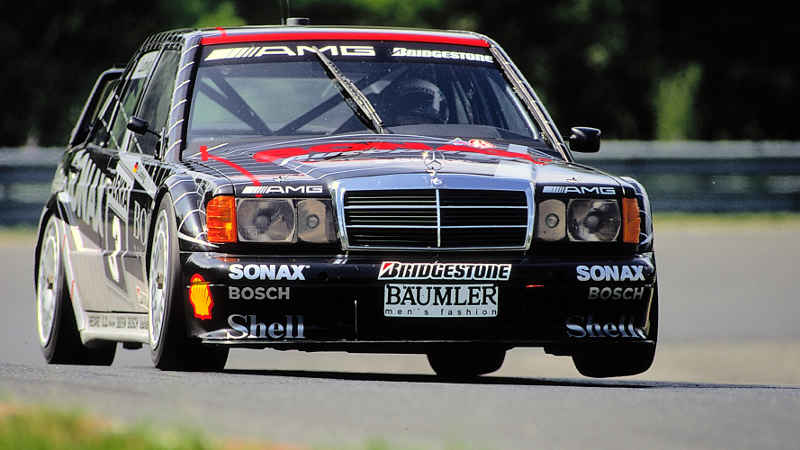
No other manufacturer has done more for the DTM than Mercedes-Benz, who on Monday announced their departure from the touring car series for Formula E.
The first appearance of a Mercedes car in the German tin-top series, then known as the Deutsche Produktionswagen Meisterschaft, came in 1984 with Jörg Leininger (although not factory backed) with a first win following in the renamed Deutsche Tourenwagen Meisterschaft in 1986 at the hands of Volker Weidler.
No less than three wins followed in that inaugural season, with Weidler finishing as the runner-up to eventual champion Kurt Thiim in his Rover.
Mercedes’ upped their involvement for the 1988 season, partnering with AMG for the effort. Top drivers in Jörg van Ommen, Kurt Thiim and Johnny Cecotto represented the brand, but wins only came for the latter, in a season dominated by Ford Sierra cars.
It took until 1992 for Mercedes to lift the crown for the first time with Klaus Ludwig at the wheel of the iconic 190E Evo2.
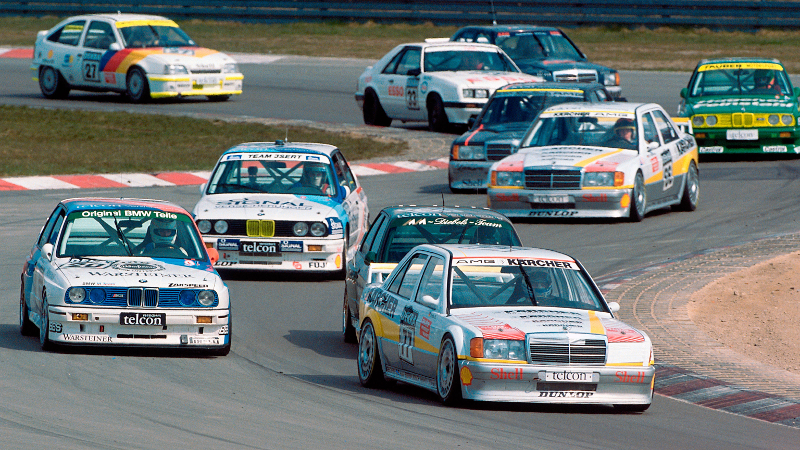
In this period, Mercedes made Bernd Schenider a DTM legend, with the German joining the marque in 1991 with Zakspeed and remaining loyal ever since, going on to become one of the most iconic motorsport stars and secure no fewer than six titles if you also include the 1995 ITC season.
During the mid-1990s, together with Alfa Romeo and Opel, the DTM adopted the expensive but spectacular Class One regulations and the championship pushed itself out to shores farther afield, eventually culminating in the ill-fated 1996 ITC season.
It was only Mercedes who planned to enter for the 1997 season and the championship folded, disappearing entirely for three years.
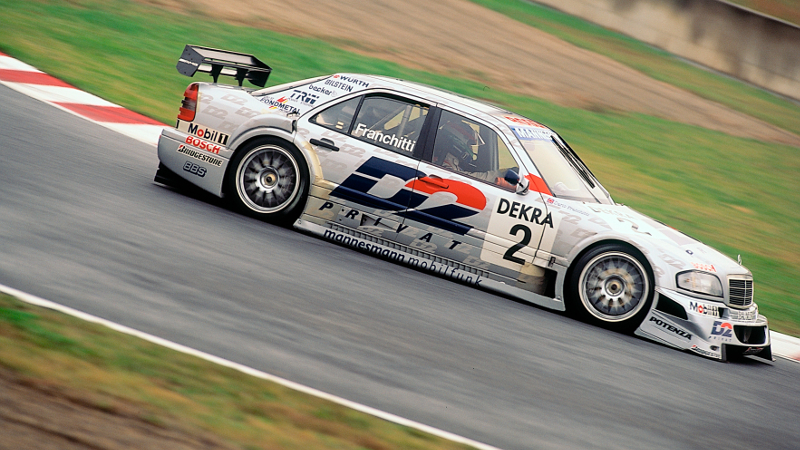
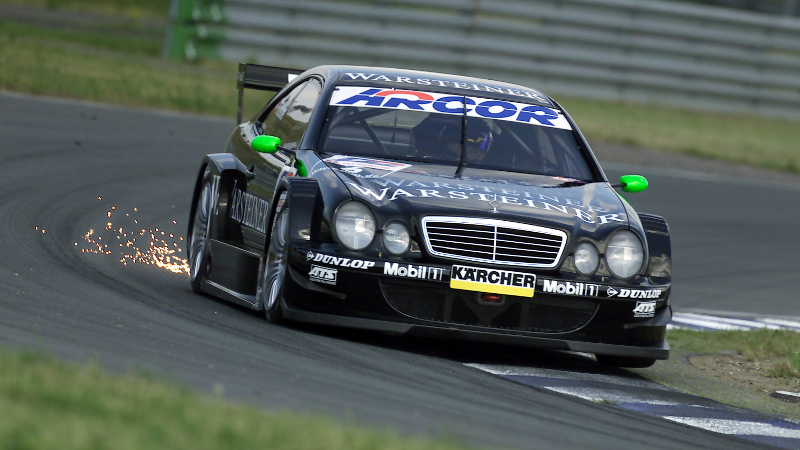
When the DTM, now known as the Deutsche Tourenwagen Masters, returned in 2000 it was thanks to the efforts of Mercedes and Opel that the racing returned.
Mercedes again showed that it was a force to be reckoned with, as the marque took a clean sweep of titles for six out of 11 years.
The Stuttgart marque remained faithful to the championship through highs and lows of the decade, including riding out the storm of Opel withdrawing in 2005. By that time, Audi had joined the fray in an official category, and between 2006 and 2011 the two manufacturers’ supported the championship.
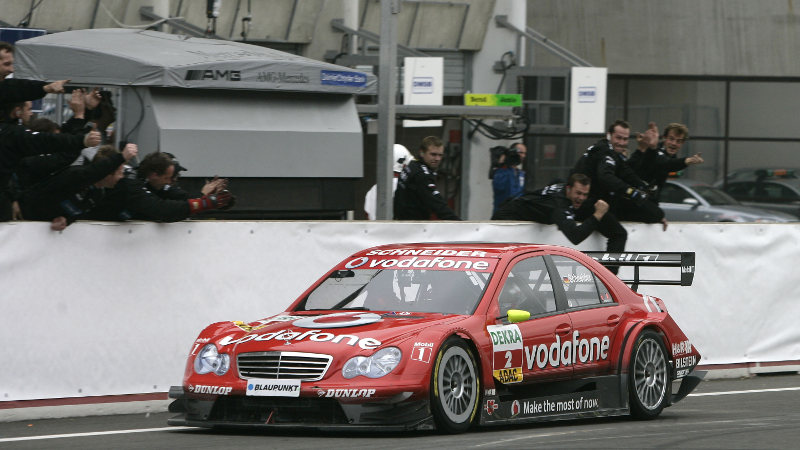
Things looked to be on the up for the DTM in 2012 when the series was boosted by the return of the third premium German brand in BMW, with full grids and close racing following for the next five years.
This was also bolstered by all three brands running on level terms, with the cars being of the same-year specification, following the new coupé-style silhouettes that were introduced.
With Gary Paffett and Jamie Green leading the charge against the return of BMW after 20 years of absence, 2005 champion Paffett came close to taking a second title, before BMW’s Bruno Spengler swooped in at the Hockenheim finale that year to win by just four points.
With closer battles, a revised points-scoring system, introduction of the Drag Reduction System in 2013 and a return to double races during race weekends in 2015, it was tougher for the Stuttgart brand.
2015 was the only year since BMW’s return that Mercedes were able to secure two titles, with Pascal Wehrlein having taken the title that season, whilst HWA lifted the teams’ title crown.
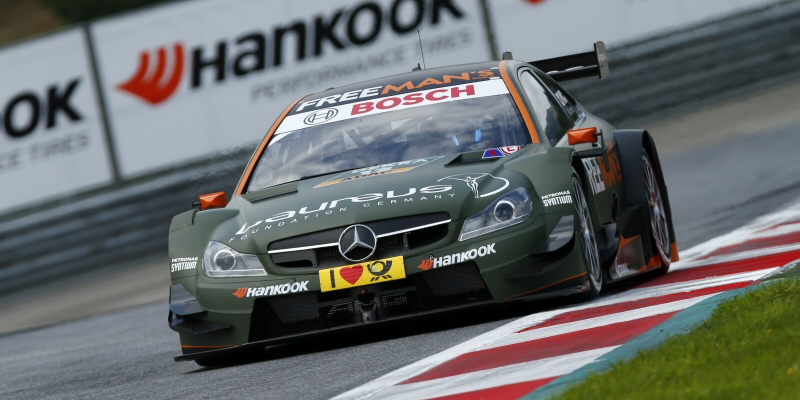
In the last few seasons, Mercedes-AMG Motorsport has also been instrumental in helping to develop and promote younger drivers through the DTM itself, with Paul Di Resta, Wehrlein and Esteban Ocon being some of those that have moved into Formula One.
But ahead of the 2017 season things already began to look rocky for the DTM with all brands reducing their commitment to six cars each.
The loss of the DTM’s most successful name (with 184 wins it has more than twice as many victories as any other marque) is possibly the biggest blow in the DTM’s history, not least because Mercedes’ have remained more loyal and more faithful where others have not.
One of the reasons for BMW returning to the DTM in 2012 was to be associated with its premium rivals, and with the status of the DTM now diminished by the exit of Mercedes, it leaves the DTM in a perilous place.
Audi and BMW have already said they will evaluate their future in the DTM – and it seems likely that they could look elsewhere too, having also become involved in Formula E in some capacity or another.
The collaboration with Super GT has as-yet failed to produce anything meaningful for the DTM, and with Mercedes’ departure the urgency is higher than ever before.
